Blood pressure and kidney disease are very closely related to each other. In certain cases very high blood pressure. In certain types of hypertensive conditions can damage the kidneys and cause chronic kidney disease and the flip is also true where chronic kidney disease in a patient who did not have a blood pressure problem can cause high blood pressure. So the kidneys are very important in regulating salt and water levels in the body and when the kidneys doesn’t work so well in the steering of chronic kidney disease, salt and water are not excreted well from the body. So salt and water accumulates and when this happens, the blood pressure can rise and the patient can develop high blood pressure. So in patient who have chronic kidney disease and have developed high blood pressure thereafter, it is important to follow dietary restrictions. Low salt diet is very important and in more severe stages of chronic kidney disease and end stage kidney disease, where patients are on dialysis, they may have water restrictions as well. The amount of fluid that they can take in a day may be restricted. And also in coordination with that in patients who have chronic kidney disease and have high blood pressure, the medications for blood pressure, may be a little more specific to their kidney disease. They may be required to take diuretic medications again to excrete more salt and water. So blood pressure may be managed a little bit differently in the patient who have chronic kidney disease. They may also be on certain medications that control the blood pressure that are protective to the kidneys in the long run.
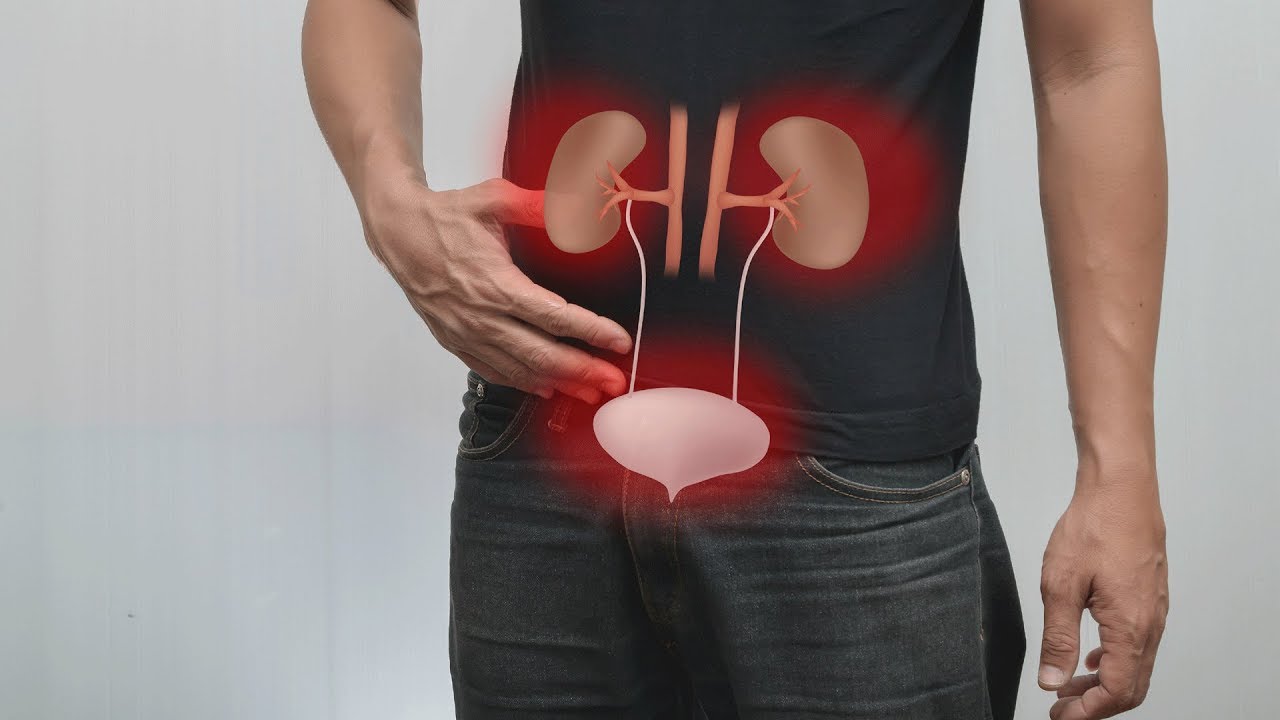
How is kidney function related to blood pressure? – Dr. Pallavi Patri
- Post author:
- Post published:May 28, 2021
- Post comments:0 Comments
You Might Also Like
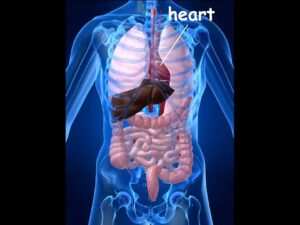
INTERNAL ORGANS

Abel Albonetti’s Six-Pack Supersets
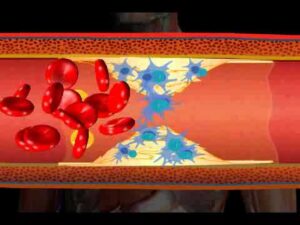
Understanding Cholesterol and its Effects

Vitamin B7 | Deficiency | Biotin | Hair fall | MudeserAliFitnessPro | Nutritionist

Basic Training Exercises | Boot Camp

Personal Trainer/ Gym Instructor Video – 6

One Hand Triceps Extension-1

Thyroid hormone and ATP

What is Circuit Training? – Quick Tips – LA Fitness

Biomolecules – Amino Acids
Shrugs-7
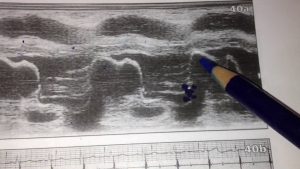
Echo made easy

Leg Press-6

Group Exercise Warm Up

Supplements Video – 5

12 Exercises To Change Your Life

Can herbs cause liver damage ?

Routes of administration

Sugar Free, Low Sugar Video – 29

Digestive System And Asnas Video – 2

Pilates Video – 5

What should I eat after a workout – POST EXERCISE NUTRITION – BeerBiceps Diet

Endocrine System Diabetes And Asanas Video – 6
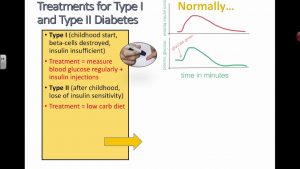
Treatments for Type I and Type II Diabetes (IB Biology 2014)

How To Repair Liver Damage After Alcohol?: Dr.Berg on Liver Cirrhosis

Fatcell Animation, 3d animation of a shrinking fatcell

Body Composition Assessment

How to Get Big Biceps – IN THE HOME!! (Without Equipment!)
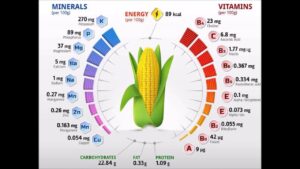
13 Best Sources of Minerals and Vitamins

Aquisel – Tubes and pipettes

Sleep Video – 3

Lateral Raises-12

Foundation Training Anchored Extension

What is liver steatosis?
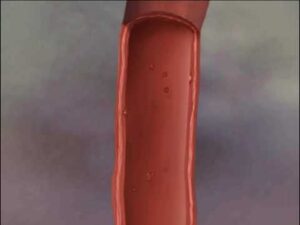
Hypertension

Showtime GP – Freestyle 05 #calisthenics

Insulin vs Glucagon

Glucagon – Administration Set

Cricket Video – 3

LG Innovation Story – Brand Film 21 Years Celebrations
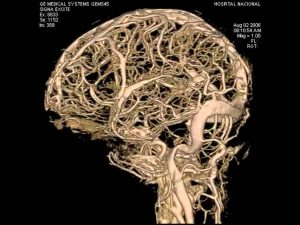
3D. ANGIO.BRAIN.mpg

